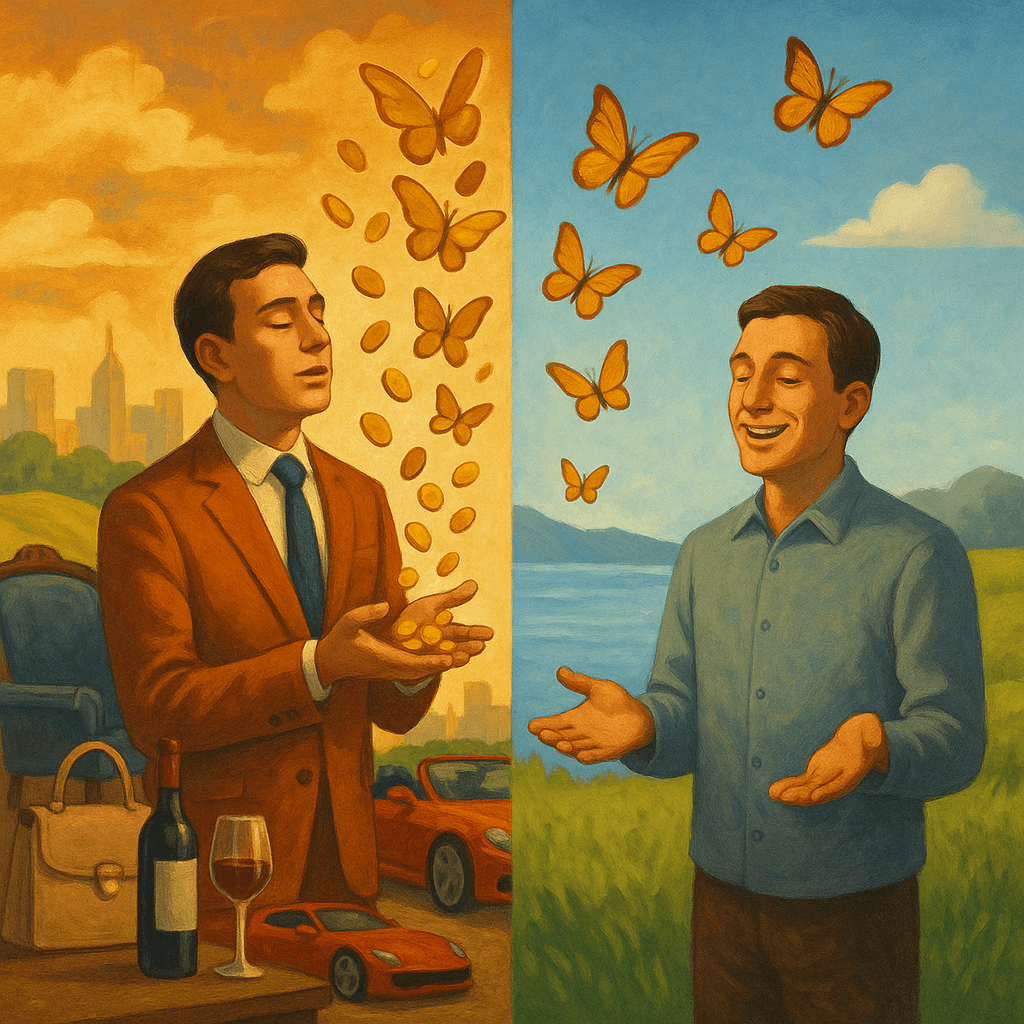Redefining Wealth: Needing Less, Living More

The richest person is not the one who has the most, but the one who needs the least. — Unknown, attributed to the Dalai Lama
Challenging Traditional Measures of Wealth
The opening statement disrupts our conventional view of wealth, which often equates prosperity with accumulation. Society teaches us to admire those who have amassed fortunes or acquired vast resources, yet this quote urges a reconsideration. Rather than tallying material possessions, true richness, it suggests, lies in minimizing our desires and dependencies. This reframing invites us to question the very basis of what we call 'success.'
Philosophical Roots of Contentment
Building upon this idea, many philosophical traditions have celebrated self-sufficiency over abundance. The Stoic philosopher Seneca, for example, wrote that 'It is not the man who has too little, but the man who craves more, that is poor.' Similarly, Buddhist teachings—which the Dalai Lama often echoes—emphasize detachment from craving as a route to inner peace. Both perspectives highlight that true wealth stems from mastering our wants rather than satisfying each one.
Psychological Benefits of Needing Less
Shifting focus, modern psychology confirms that reducing desires enhances well-being. Studies on 'affluenza' reveal that perpetual striving for more can lead to chronic dissatisfaction and anxiety, while practicing gratitude and sufficiency brings greater contentment. In this light, having fewer needs isn't about self-denial, but about freeing ourselves from the futile pursuit of endless acquisition—a lesson supported by research in positive psychology.
Historical Examples of Minimalist Richness
Echoes of this wisdom appear in the lives of figures like Mahatma Gandhi, who famously owned little but claimed profound happiness, and Diogenes the Cynic, who lived in a barrel to prove the extravagance of unnecessary wants. Their stories illustrate how reducing dependence on external goods can yield a robust form of freedom and satisfaction, embodying the principle that richness is internal, not external.
Cultivating Abundance Through Simplicity
In conclusion, as we move through a world defined by material competition, the notion that needing less equals having more offers a liberating message. By gradually simplifying our lives and questioning whether our wants truly serve us, we can attain a lasting sense of abundance. In doing so, we live out the spirit of the Dalai Lama’s attributed words—discovering that the richest life may be the simplest one.